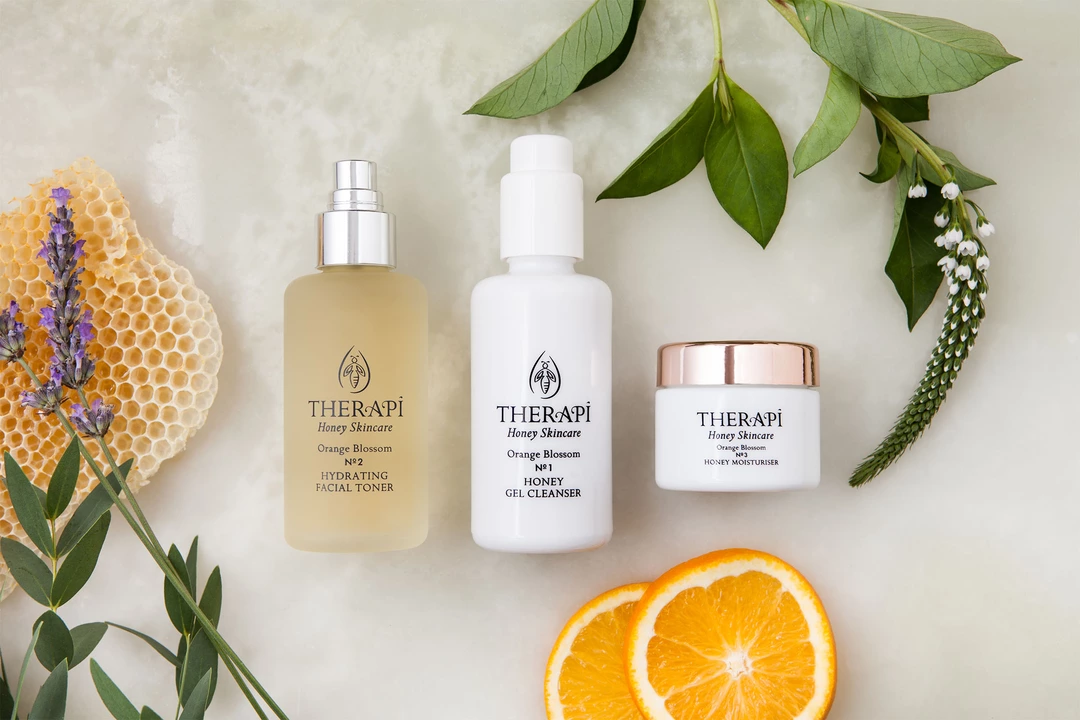Cosmetics: Smart Skin, Hair & Makeup Choices
Want better skin without wasting money on products that don’t work? Start with a few practical habits and a basic plan. Good cosmetics should protect your skin, treat your main concern, and avoid causing irritation. Below are clear, usable tips so you shop and use products with confidence.
Pick the right active ingredient
Know what problem you’re solving. For acne, look for benzoyl peroxide (2.5–5%), salicylic acid (0.5–2%), or topical retinoids for stubborn cases. For texture or aging, low‑strength retinoids or niacinamide (2–5%) help with fine lines and tone. For redness and barrier help, choose ceramides and glycerin. Sunscreen with SPF 30+ is non‑negotiable—use every morning and reapply if you’re outdoors.
Start slow. If you’re new to actives, introduce one product at a time and try it twice a week at first. For retinoids: use at night, apply a pea‑size amount, and expect a short adjustment period of mild peeling or sensitivity. Pregnant people should avoid retinoids and oral acne drugs—ask a professional before using them.
How to layer products and avoid reactions
Simpler routines reduce risk. A basic order: cleanse, treat (active), moisturize, sunscreen (day). If you use benzoyl peroxide and retinoids, use them at different times—BP in the morning, retinoid at night—to lower irritation. Salicylic acid and benzoyl peroxide can usually be combined, but watch for dryness. If your skin flakes or burns, stop the new product and give your skin a few days to recover.
Patch test anything new on a small area for 48 hours. If you see itching, swelling, or a rash, stop. Fragrance‑free and non‑comedogenic labels are useful if you have sensitive or acne‑prone skin.
Shopping online for cosmetics and medicated skincare? Buy from trusted sellers and check expiration dates. If a price looks too good, double‑check the seller—counterfeit or expired products can cause harm. On our site, you can also consult a licensed pharmacist about possible interactions between topical treatments and prescription meds.
Supplements can help some skin issues, but they aren’t magic. Vitamin D, omega‑3s, and zinc support overall skin health for certain people, but don’t expect instant cosmetic fixes. Talk to your healthcare provider if you’re considering pills for acne, hair loss, or anti‑aging.
If over‑the‑counter options aren’t working, consider professional care. A dermatologist can prescribe treatments like stronger retinoids, hormonal therapy, or procedures. For skin safety and best results, match the treatment to the diagnosis, not just the symptom.
Small changes add up: use sunscreen daily, pick one effective active for your main issue, layer simply, and buy from reliable sources. Those moves will save time, money, and skin trouble in the long run.
Allantoin in cosmetics: what to look for and why
As a skincare enthusiast, I've noticed that allantoin has become quite popular in cosmetics lately. So, I decided to dig a bit deeper to find out why. Turns out, allantoin is a powerful ingredient that helps soothe, moisturize, and promote skin healing. When shopping for cosmetics, it's a good idea to look for products containing allantoin, especially if you have sensitive or dry skin. In a nutshell, incorporating allantoin into our skincare routine can be greatly beneficial for various skin types!
More
